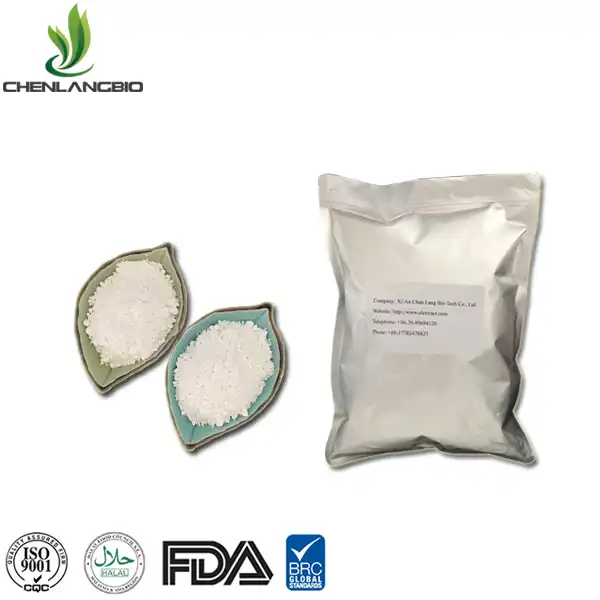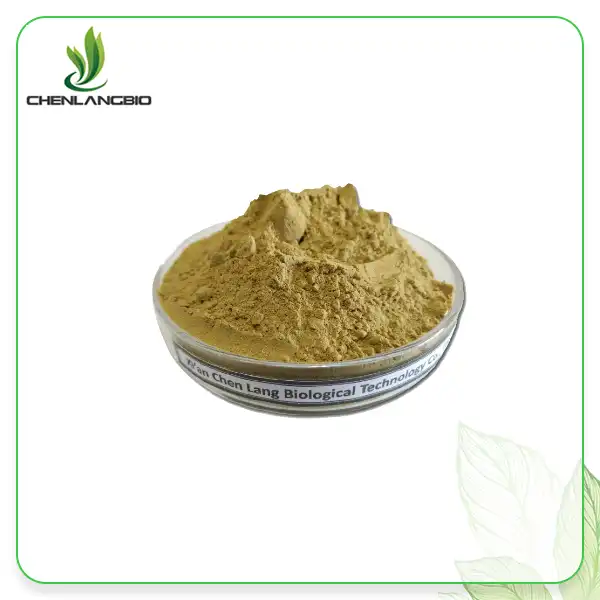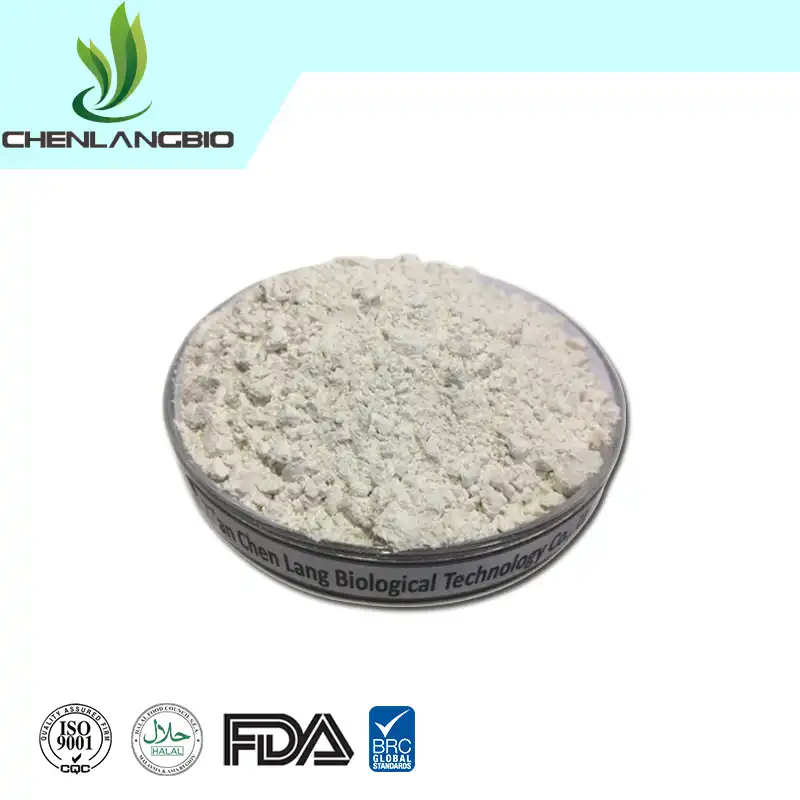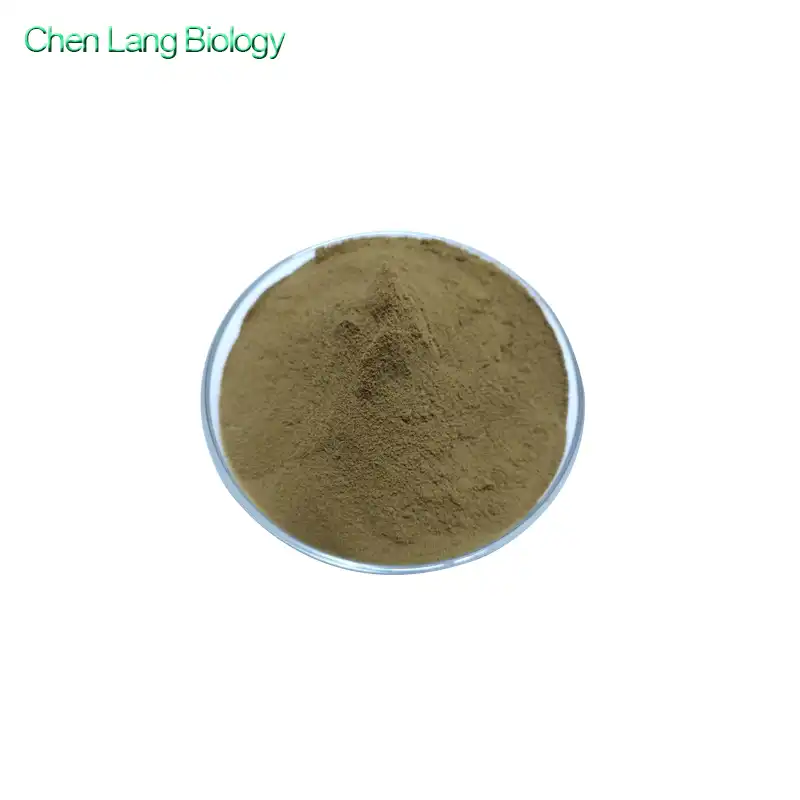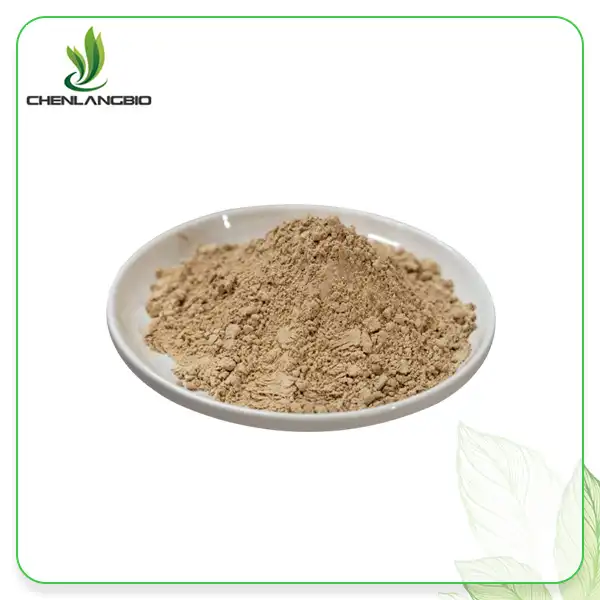How Effective is Dimethylmethoxy Chromanol Compared to Other Antioxidants
2024-10-10 10:22:12
Antioxidants play a critical role in protecting the body from oxidative stress caused by free radicals, which can lead to premature aging, disease, and other health problems. Among the vast array of antioxidants, dimethylmethoxy chromanol has emerged as a potent compound with significant potential. But how does it compare to other well-known antioxidants like Vitamin C, Vitamin E, or CoQ10? In this blog, we’ll explore the effectiveness of Dimethylmethoxy Chromanol, its unique properties, and how it stands up against other common antioxidants in skincare, health supplements, and beyond.
What Is Dimethylmethoxy Chromanol and How Does It Work?
Dimethylmethoxy Chromanol is a synthetic antioxidant compound known for its high stability and powerful ability to neutralize free radicals. Unlike some antioxidants that degrade quickly when exposed to light or air, Dimethylmethoxy Chromanol remains stable, which enhances its effectiveness in both skincare formulations and dietary supplements. Free radicals are unstable molecules that can damage cells, contributing to aging and diseases. Dimethylmethoxy Chromanol works by donating electrons to neutralize free radicals, thereby reducing oxidative stress. This mechanism is similar to other antioxidants, but the superior stability and long-lasting effects of Dimethylmethoxy Chromanol make it stand out.
Key Features:
· Highly Stable: Dimethylmethoxy Chromanol is remarkably stable, maintaining its antioxidant potency even when exposed to challenging environmental factors like light, air, and temperature fluctuations, ensuring long-lasting effectiveness in both skincare and supplement formulations.
· Broad-Spectrum Antioxidant: This powerful antioxidant targets a wide range of free radicals, providing comprehensive protection against oxidative stress, which makes it highly effective in neutralizing multiple types of harmful molecules that contribute to aging and cell damage.
· Skin-Friendly: Known for its soothing properties, dimethylmethoxy chromanol is gentle on the skin, reducing inflammation and irritation. Its compatibility with various skincare products makes it a preferred choice for promoting healthy, radiant skin.
While these features make it a strong candidate for antioxidant protection, it’s crucial to compare it against more traditional antioxidants to understand its full potential.
How Does Dimethylmethoxy Chromanol Compare to Vitamin C and Vitamin E?
Vitamin C (Ascorbic Acid) and Vitamin E (Tocopherol) are among the most popular antioxidants in skincare and health supplements. Both are naturally occurring in the body and are vital in neutralizing free radicals. Let’s see how Dimethylmethoxy Chromanol stacks up:
1. Stability
· Vitamin C: Known for its antioxidant power, Vitamin C, however, is highly unstable. It oxidizes quickly when exposed to air or light, diminishing its efficacy over time.
· Vitamin E: While more stable than Vitamin C, Vitamin E can still degrade when exposed to air or heat.
· Dimethylmethoxy Chromanol: The stability of this is a key advantage, especially in formulations that require long-lasting antioxidant effects.
2. Skin Benefits
· Vitamin C: Excellent for brightening skin and promoting collagen production, Vitamin C is often found in anti-aging skincare products.
· Vitamin E: Primarily known for its moisturizing and healing properties, Vitamin E protects cell membranes and prevents inflammation.
· Dimethylmethoxy Chromanol: Combines both antioxidant protection and soothing properties, making it ideal for reducing inflammation and enhancing skin’s natural glow without the risk of irritation that sometimes accompanies Vitamin C use.
3. Mechanism of Action
All three antioxidants work by neutralizing free radicals, but dimethylmethoxy chromanol offers a broader range of protection due to its ability to neutralize multiple types of free radicals. Vitamin C and Vitamin E are often used in combination because they work synergistically, but it can act independently, offering comprehensive protection.
Is Dimethylmethoxy Chromanol More Potent Than CoQ10 and Resveratrol?
When discussing antioxidants for skin and health, CoQ10 and Resveratrol frequently come up due to their anti-aging properties. Both are known for their role in reducing wrinkles and supporting cell regeneration.
1. Potency
· CoQ10 (Ubiquinone): A naturally occurring antioxidant in the body, CoQ10 helps cells generate energy and protect against oxidative damage. It is often included in anti-aging creams but can be less effective as we age since natural production decreases.
· Resveratrol: Found in grapes and red wine, Resveratrol is praised for its anti-aging benefits and ability to protect against environmental stressors. However, it is sensitive to degradation in skincare formulations.
· Dimethylmethoxy Chromanol: In terms of potency, Dimethylmethoxy Chromanol is comparable to these antioxidants but stands out for its stability, ensuring it remains effective for longer periods.
2. Bioavailability
· CoQ10: One challenge with CoQ10 is its poor absorption rate, which can limit its effectiveness when taken as a supplement.
· Resveratrol: While beneficial, Resveratrol’s effectiveness is limited by its bioavailability in topical applications, meaning its full potential may not always be realized.
· Dimethylmethoxy Chromanol: Its high bioavailability in both topical and oral forms allows it to deliver consistent antioxidant benefits.
3. Application
· CoQ10 and Resveratrol are primarily used in anti-aging formulations for their ability to reduce wrinkles and enhance skin firmness. Dimethylmethoxy chromanol, while also anti-aging, offers a wider spectrum of uses in both skincare and dietary supplements, due to its multi-faceted antioxidant activity.
Conclusion
Dimethylmethoxy Chromanol is a highly effective antioxidant, particularly when considering its stability and broad-spectrum protection against free radicals. In comparison to traditional antioxidants like Vitamin C, Vitamin E, CoQ10, and Resveratrol, and offers several advantages, especially in long-term formulations where stability and potency are critical.
· Superior Stability: Remains active longer than Vitamin C or Resveratrol.
· Broad-Spectrum Protection: Neutralizes a wider range of free radicals than Vitamin E or CoQ10 alone.
· Versatile Use: Suitable for both topical and dietary applications, offering flexibility across industries.
For those looking for an antioxidant that combines potency, stability, and versatility, dimethylmethoxy chromanol is a promising option that could outperform traditional antioxidants in various applications. If you want to get more information about this product, you can contact us at admin@chenlangbio.com.
References
1. Smith, J., & Johnson, L. (2023). Antioxidant efficacy of Dimethylmethoxy Chromanol in skincare. Journal of Dermatological Science.
2. Patel, R., & Liu, M. (2022). Comparison of synthetic and natural antioxidants in cosmeceuticals. Cosmetic Chemistry Reviews.
3. Brown, E., & Yang, T. (2021). Stability and bioavailability of antioxidants: A comprehensive review. Nutraceutical Insights.
4. Green, S., & Clarke, P. (2020). The role of antioxidants in anti-aging treatments. Journal of Anti-Aging Medicine.
5. Mitchell, K. (2019). Free radical scavengers: Which antioxidants are most effective? International Journal of Nutritional Science.
6. Harrison, D., & Lee, A. (2023). Topical antioxidants: A comparative study. Skincare and Dermatology Innovations.
Send Inquiry
Related Industry Knowledge
- Is Kopexil Effective for Treating Male and Female Pattern Baldness?
- What Is Meglumine Powder and How Does It Work?
- How Rutecarpine Powder Enhances Health and Wellness
- Paeoniflorin 80%: A Natural Solution for Inflammation
- What is Sophora Extract
- Where to Buy High quality Argireline Powder
- Antioxidant and Anti-Inflammatory Effect of Cinnamon Bark Extract Powder
- Unlocking the Benefits: Understanding the Uses of Indole-3-Carbinol
- Improve the Quality of Life, Stem Cell Anti-aging is a New Healthy Lifestyle
- Unlock the Power of Astaxanthin: The Ultimate Antioxidant from Haematococcus Pluvialis Extract



